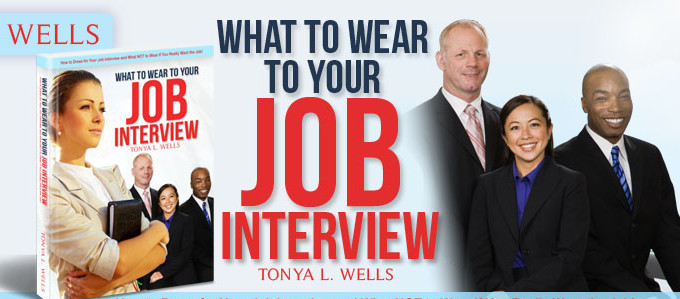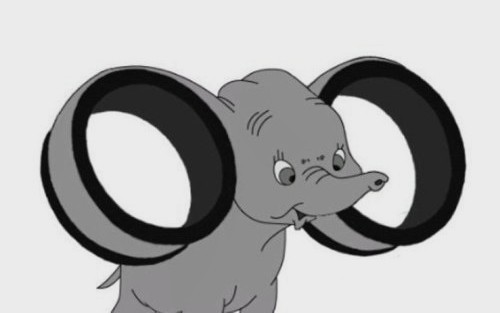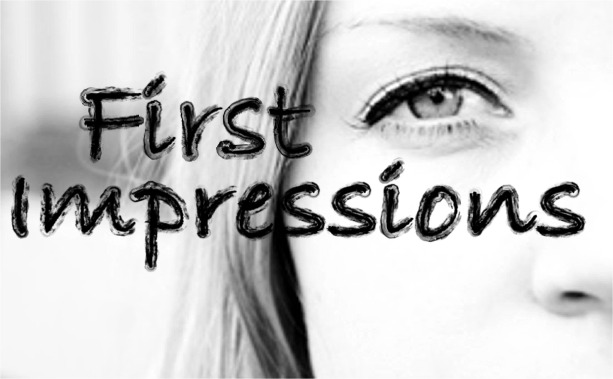By Tonya Wells – During an interview at some point, you will inevitably be asked if you have any questions for the interviewer. At this point, if you have not brought a list of interview questions to ask your interviewer with you on your iPad or on a notepad in your portfolio (which you should have brought with you to jot down notes and to store your resume in), many candidates will freeze up. Your brain will go into overdrive trying to remember the questions that you were just thinking about on the drive to your interview. “Questions? What questions? I KNOW I had some questions!” But, alas, many candidates’ minds just go blank when asked this question.
You are expected to have interview questions for your interviewer. Not having any makes it seem like you aren’t that interested in the position. So, do yourself a big favor and jot down these interview questions ahead of time. Spend some time researching the company prior to the interview to make sure you know as much about this company’s future strategic plans and the job for which you are interviewing.
Make sure the questions you have prepared for the interviewer are not ones that can be easily answered by looking at the company’s corporate website or press releases.
Asking questions that can be easily answered by some quick internet research is extremely annoying to most hiring managers and recruiters, and shows that you have not taken the time to find out anything about the company. I have had candidates in the past who have not done the recommended research I told them to do, and the hiring manager has really ripped into them for asking dumb questions that could have been found out simply by some simple internet research. Opportunity closed. Game over. The hiring manager was not impressed.
Top 10 Interview Questions to Ask Your Interviewer
Don’t ask about salary and benefits at a first in-person interview.
Keep in mind that if this is a first in-person interview, unless the interviewer brings up the question of total compensation desired, base salary, or benefits, including paid-time off, this is usually not the time to ask those questions. The only caveat is if you didn’t apply directly for the position, and a recruiter emailed or phoned you directly about the opportunity. At that point in time, it is okay to ask what the salary range is for the position just to ensure that neither of you are wasting the other’s time.
If you’ve made it to the in-person interview, however, you should have already asked that question when you were first contacted by a recruiter OR you should have input your desired salary when you applied for the position online with the company with whom you are interviewing. If the latter case applies to you, they will already know what you need salary-wise, and they wouldn’t be wasting their time interviewing you if your compensation desired is unreasonable.
So, enough of the Don’ts! Here’s the list of questions to ask your interviewer:

Top 10 Questions to Ask Your Interviewer
Before you ask your prepared questions, make sure they weren’t already addressed during the interview. If they were all addressed, take a moment to look down through your questions so that it will be obvious to your interviewer that you DID come prepared with questions. Then, simply state, “I think you’ve already covered all of the questions that I brought with me.”
1) What are the plans of the company for the future?
2) How would someone with my background fit into the plan?
3) What does a typical career path look like for this position? – You want the interviewer to know that while you are interested in this position, you want to make sure that there is an opportunity for some sort of mobility. Nobody wants to be stuck in a dead end job with no career path.
4) How would you describe the company culture? – This is probably THE most important question to ask. It will most likely not be addressed anywhere on the company website, and it will determine how well you like and fit in with your co-workers and manager on a day to day basis.
5) What are some of the challenges and priorities of the company?
6) Is this a new or replacement job? – A good follow-up to this question is why the other person left. If the person was disgruntled, you might want to probe deeper to see if you see any potential red flags with working at the company or under the particular manager.
7) Is there a formal training program and how much time will someone spend training me? How much ramp-up time will they be giving you? – If the answer is none, this is a sink or swim position, so you better know your stuff going in. Sometimes with experienced candidates, the lack of a training period is not a big deal. If this is a position that will be new to you, where you will be learning new skills, the absence of some sort of onboarding/training program might be a recipe for failure. Make sure you know what the company’s expectations are from you
8) How would the responsibilities of this position fit into the overall goals of the company?
9) To whom does this position report?
- What is that individual’s management style? (Hands-off, more of a micro-manager)
- How many team members does that manager have on his/her team?
- Is the manager located in the same office in which I will be working?
- If not, how often will they visit with me face-to-face? – Make sure you are comfortable being managed remotely, if that is the case. Not all managers are good at managing their people remotely.
10) What qualifications does your ideal candidate need? – This is your opportunity to match your experience and skills to their needs. Communicate these to your interviewer!
In summary, you should always come prepared with a list of interview questions to ask your interviewer. The questions listed above are a good start, but after you’ve done some research, you may find more appropriate or more specific interview questions to ask your interviewer that you need to have answered. Just make sure that you stay away from compensation-related questions if this is the first face-to-face interview.
For Further Reading, you might want to take a look at a couple of these books.
It really helps if you read through interview questions ahead of time and think how you might answer them. That way you look MUCH better prepared for the interview.
1) 101 Great Answers to the Toughest Interview Questions– This is perhaps my favorite interview question book. I think it is a must-have for any interviewer. It was published long ago, but the questions still apply!
2) 301 Smart Answers to Tough Interview Questions – This book is written in a very easy-to-read format. It will prepare you for just about every type of interview scenario, from the one-on-one interview to the group interview.
3) How to Answer Interview Questions – This is a great Kindle book by Peggy McKee. And, for the low price of $0.99, you get 101 tough interview questions, along with lengthy answers. I would highly recommend this book!
 BlogAboutJobs | Career | Job | Employment | Job Search Your Career Ally | Find a Job | Resume Makeover | Salary Info
BlogAboutJobs | Career | Job | Employment | Job Search Your Career Ally | Find a Job | Resume Makeover | Salary Info



